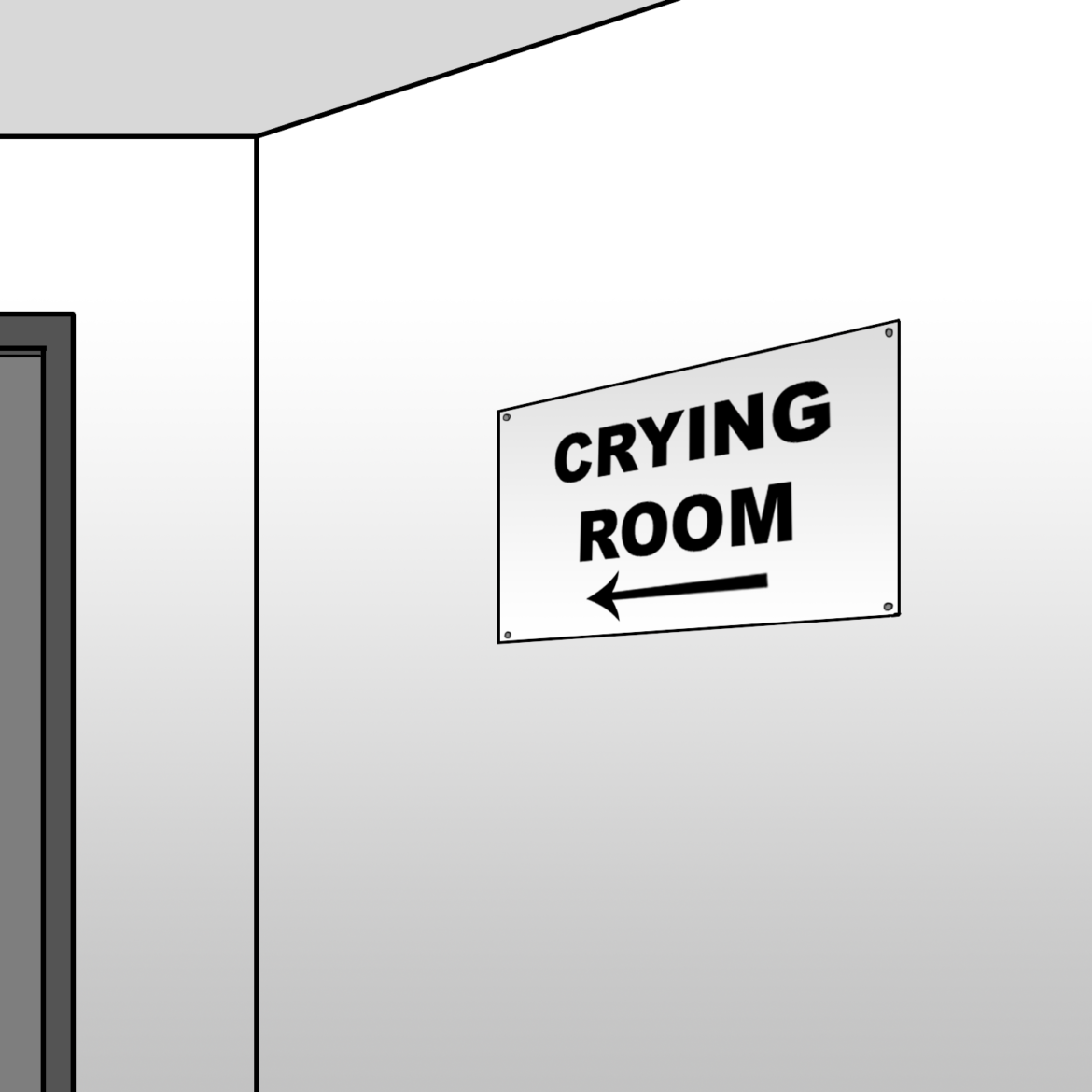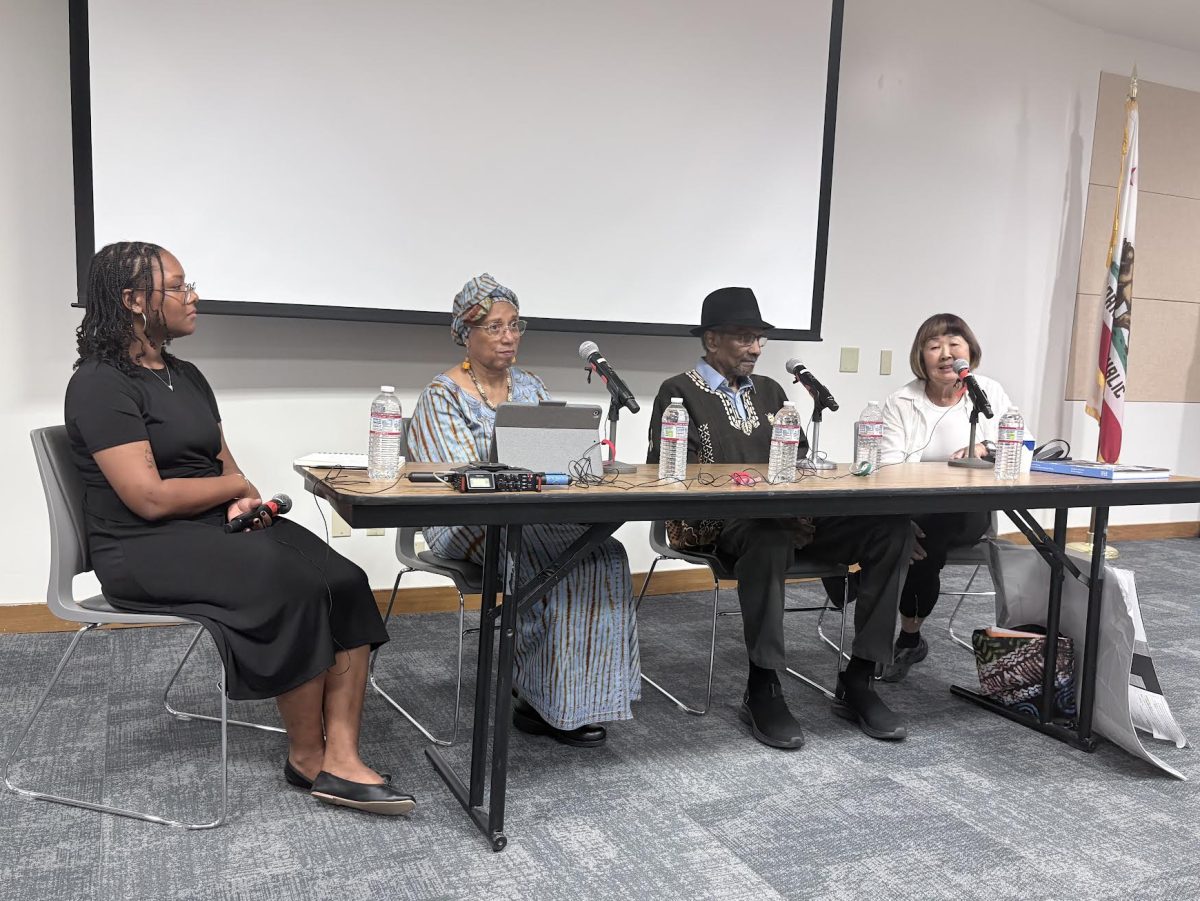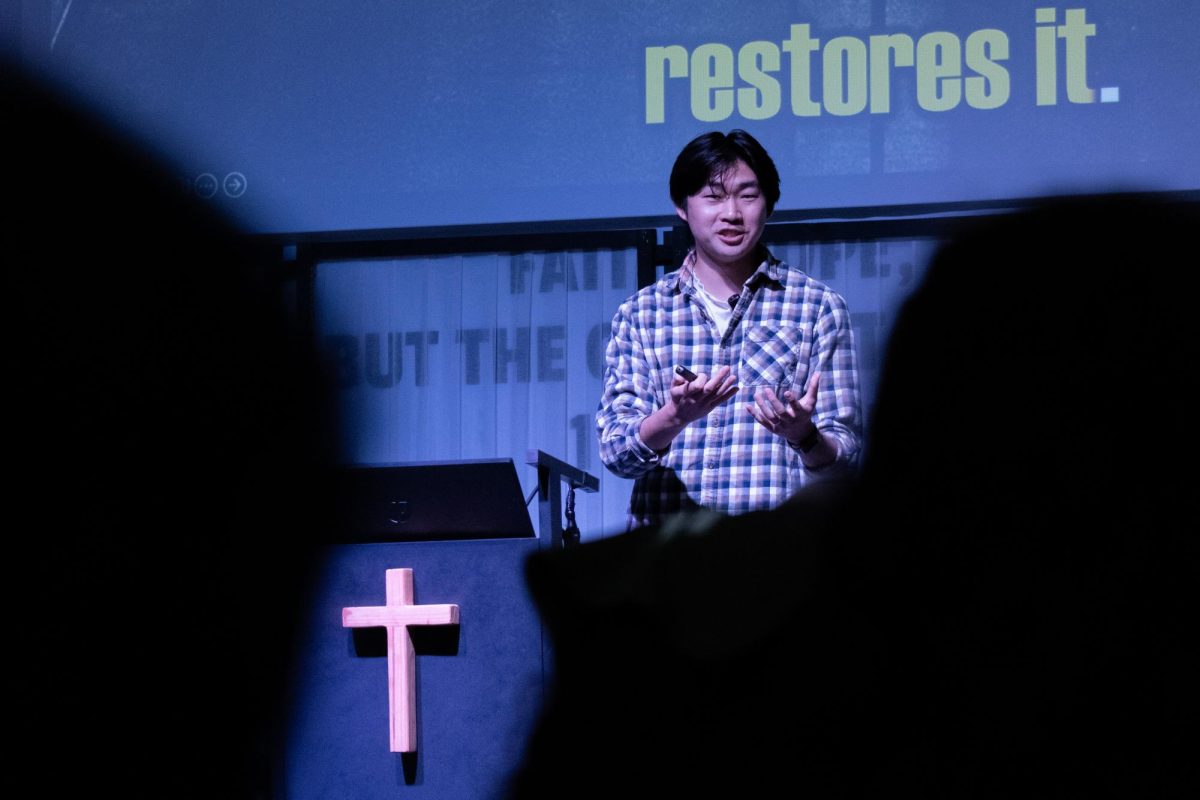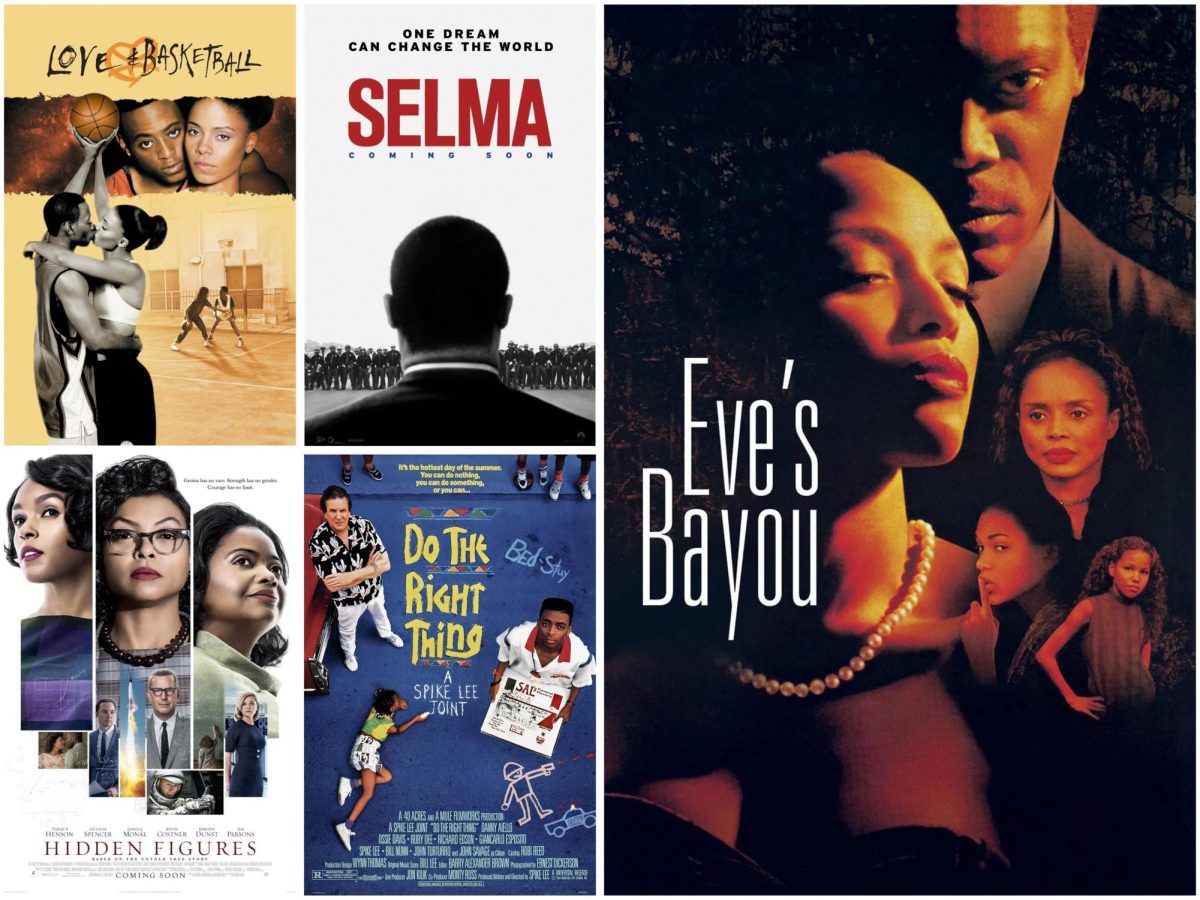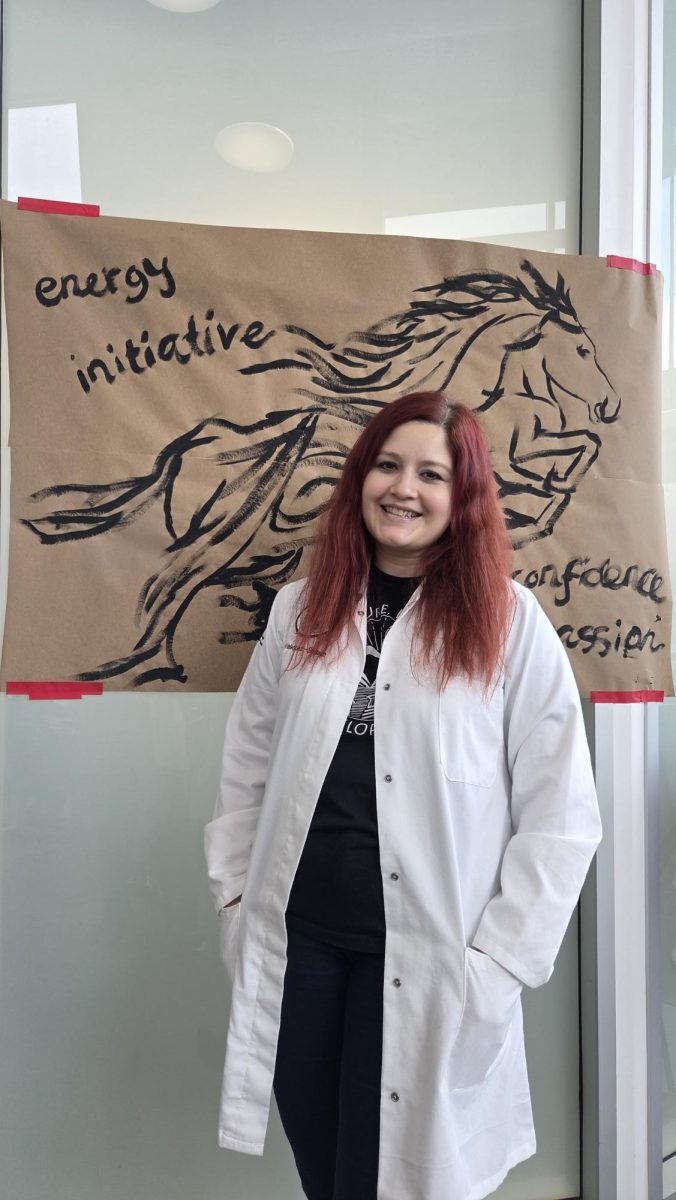Have you ever cried and in response to those emotions someone told you, “Please don’t cry, don’t be sad”? Or when you’ve experienced legitimate anger someone has tried to minimalize your justification by telling you to “calm down.” Or after a near-death experience people might tell you, “There’s nothing to be afraid of.”
Why is it that people are constantly trying to deny emotions? Our society continues to tell us to repress our feelings and it does more harm than good.
My dog died last month. When I got the news, I burst into tears as I was overwhelmed with sadness. I realized that I could never see or pet my dog again. My best friend for the last 10 years was suddenly gone and there was nothing I could do about it. I cried to and confided to many friends and family. I was consoled with “Don’t be sad,” “She wouldn’t want you to be sad,” “I don’t think you should be sad” and “Don’t cry.”
Honestly, I was outraged to hear all of these responses. I just lost my dog, and people are trying to tell me how to feel, instead of just listening and accepting what I was going through. They refused to be my support system when I needed them the most.
Girls are usually seen as hysteric when they show too much emotion. As a black woman, I am quickly judged when expressing too much feeling. If I get mad I am identified as the irrational, aggressive, angry black woman. I have to suppress my anger, otherwise I will be criticized and laughed at. This makes me self-conscious to share something that really upsets me because I will be negatively labeled.
Men also face a lot of critique when expressing certain emotions. They are seen as weak if they cry. If a man comes off as “too sensitive” he will be labeled as “not a real man.” These common misconceptions about emotions can cause damage in the mind.
Nothing good can come out of keeping your emotions inside and telling others to do the same. This is psychologically catastrophic.
Let’s take soldiers for example. Male soldiers are groomed to be emotionless, strong men. Meanwhile they are hiding their emotions of fear, sadness, regret and many other feelings that come with serving in the military. These horrible experiences can trigger extreme emotional responses, such as flashbacks, anxiety and depression, also known as post-traumatic stress disorder.
PTSD usually does not show up until months to years after traumatic experiences. Studies have shown that the best way to prevent trauma from developing into PTSD is through expressing your emotions and experiences with others.
It is encouraged to get support from family and friends, talk to a therapist and explore your feelings and find a positive, healthy way to cope with them. Ignoring these feelings and keeping them bottled up is a definite way to suffer from long-term to lifetime PTSD.
I was recently inspired by reading the poem “Poetry is Not a Luxury” by Audrey Lorde in my class, Contemporary Black Female Writers. My professor, Dr. Venugopal, really opened my eyes about this issue of hiding emotions by discussing this poem.
Lorde makes the point that feelings are essential to understanding who you truly are. She suggests creative writing as an outlet for expressing emotions. Dr. Venugopal interpreted it as that if you don’t express your feelings, they die with you. Nothing can express things the way you can, because no one has ever felt what you have.
So if you’re feeling scared, angry, sad, happy, shocked or disgusted, please show it. And if others are feeling that way, don’t tell them how to feel.
